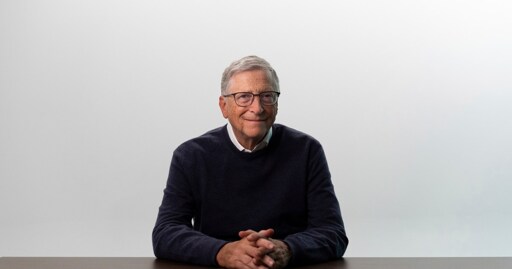Last Tuesday, as the strongest Atlantic storm in 90 years slammed the western coast of Jamaica with 185-mph winds, Bill Gates was downplaying climate change.
The billionaire does not appear to have publicly addressed the disaster in Jamaica, which extended throughout the Caribbean, with Melissa having killed dozens across Cuba, Haiti, the Bahamas, and the Dominican Republic. And his overall point, frankly, does not hold up to scrutiny.
Gates isn’t alone; climate change has slipped down the world’s priority list in the past few years—and it shows. Governments and corporations are shelving emissions goals, budgets are being redirected from climate initiatives to warfare, the media is pivoting away from climate journalism, and even activists are urging a softer, more “hopeful” tone. It all signals a vibe shift in how we talk about climate change, reframing it from the existential risk it actually poses to a less urgent, peripheral issue—even as the floodwaters reach our front doors.



Bill Gates is a monopolist whose shady business practices in the 90s and 2000s make him a very evil man.
All billionaires are inherently evil by their own nature. Unless they literally won the lottery with take home $1 billion.
To become a billionaire you have to do some dark Machiavellian deeds whether by exteeme exploitation of human labour or manipulation of the most unethical proportions. A billion in wealth is something quite unimaginable before the 20th century, and the means to obtain that level of wealth in history has always been dark and dirty.
This is libelous. His business practices were also shady in the '70s and '80s.